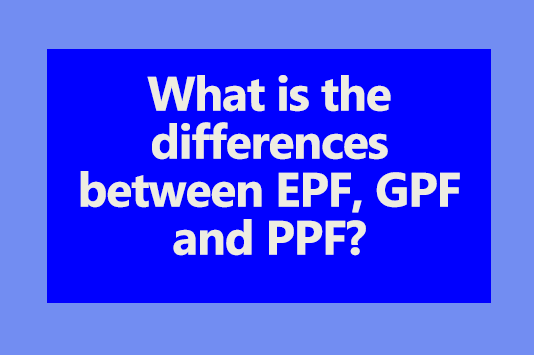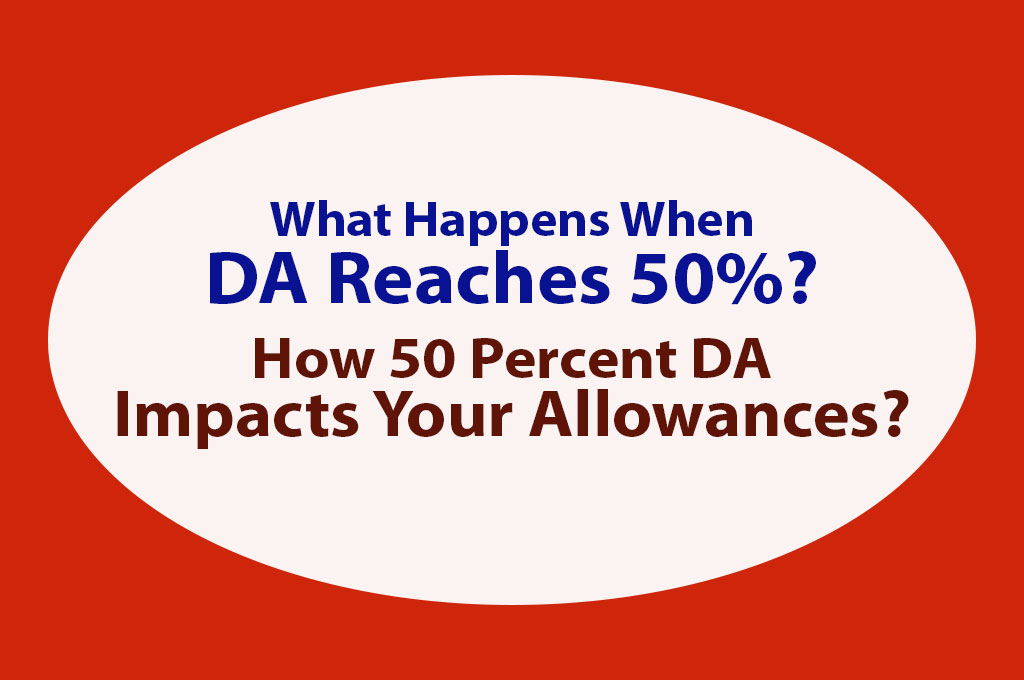From now on, University teachers will be graded and assessed annually on their performance and become eligible for promotions and career advancements based on their teaching performance, research work and publication quality.
With the University Grants Commission (UGC) today notifying its “Regulations on Minimum Qualifications for Appointment of Teachers and other Academic Staff in Universities and Colleges and Measures for the Maintenance of Standards in Higher Education, performance of teachers will be assessed on the basis of a Performance Based Assessment System (PBAS) in which scores have been assigned to each sub-dimension or Academic Performance Indicator (API).
As per APIs identified by the UGC and approved by the (HRD) Ministry, 75 per cent weightage will be given to “teaching, learning & evaluation” activities which will include lectures, practicals and tutorials taken, teaching duties in excess of UGC norms, use of innovative teaching tools and examination duties.
Fifteen per cent weightage will be accorded to “co-curricular, extension and professional development related activities” of a teacher which will comprise student-related, field based activities like NSS/NCC, contribution to management of department, participation in seminars, conferences, short-term training courses and talks.
Further, selection committees will have the option of observing candidates in actual classroom situations or through research presentations.
Research publications like books, chapters in books and so on will also earn a teacher scores — for example, 50 points for a sole-author publication, 10 points for a chapter in an edited book, 25 points for sole-author subject books by national-level publishers or Central, state government publications.For sponsored research projects ranging from Rs 5 lakh to Rs 30 lakh across various disciplines, 20 points will be earned by the teachers concerned for each project. Minor projects will earn teachers 10-15 points while consultancy projects will also fetch some 10 points.
Relying heavily on self-assessment by teachers, these API scores will be derived from objectively verifiable criteria that will be drawn up by a screening/selection committee. UGC will soon be sending a PBAS proforma to all varsities which will also be free to devise their own PBAS based on it.
Teachers will be able to offer themselves for assessment for promotion once they fulfill minimum API scores — they will also be able to get increments to the tune of 3 per cent of the Academic Grade Pay (AGP) — as outlined under the Sixth Pay Commission.
State governments have also been asked to amend their relevant Acts within six months to enable implementation of these regulations.
Under the regulations, universities and colleges will set up Internal Quality Assessment Cells within three months and these will keep the annual database for individual and institutional performance. The assessment systems will become tougher as teachers move up from Associate Professor level to higher levels but research requirements will be kept lower for college teachers than varsity teachers, keeping in mind variations in available infrastructure.
The regulations ask colleges to assign research time to college teachers and provide necessary infrastructure. Also outlined are eligibility conditions for teachers at various levels from Assistant Professor-level to Principal-level, APIs for each category and the flexibility to appoint reputed academics even if they may have superannuated or may be outside the UGC system.
The G K Chadha-headed committee on pay revision for teachers had recommended teacher assessment, including a provision for evaluation of a teacher by students. This has been dropped in the final UGC regulations in favour of self-assessment alone, in keeping with demands of the teachers


